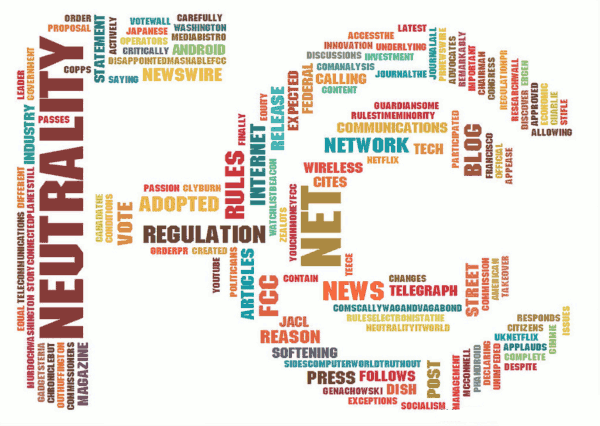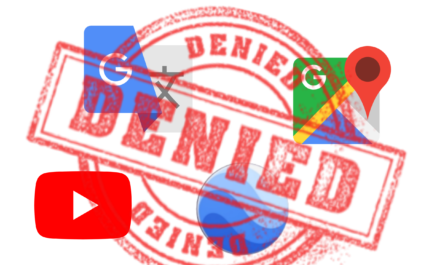Internet, the lifeblood of the 21st century. Shopping online, chatting with friends over emails, using dating apps, or even launching businesses from a garage; these diverse online tasks are possible through something known as net neutrality. Recently, Ajit Pai of the FCC, Federal Communications Commision, has been pushing to reform net neutrality regulations in order to promote a more innovative Internet.
Simply put, net neutrality insures a level playing field for internet users, allowing them to access diverse data without restrictions. This puts a leash on internet providers and companies producing content, insuring that all data on the Internet is treated the same, and that discrimination based on the user, website, content, application, or platform is illegal.
The internet under these current regulations can be compared to a water pipe, all content goes through at the same pace, and all data is treated the same. A strong argument against net neutrality reformation is that it would divide the internet into tiers, making faster and slower lanes, like interstate lanes, based on who can afford to pay for faster, premium service. Pai claims this separation of users would not take place.
The FCC, administrators of online protection and data, introduced net neutrality regulations in 2015 during the Obama administration, making Internet a public utility. Many large companies and providers feel that the regulations are too restrictive, stifling their public outreach and innovations. These heavy-handed regulations do however help smaller companies and providers, letting their content be just as accessible as a large company’s content.
Pai supports the idea that modified net neutrality would make the internet more innovative and competitive. This ideal competition would allow the consumer to get the newest, cheapest technology and internet connection speeds; current net neutrality discourages many companies from branching out due to the fact that they are going to be treated the same as every other company on the internet, so why try to be different.
“Are we just shooting ourselves in the foot, potentially changing something that we can never get back?” Dax Higgins said. As the technology instructor at NS, he believes that net neutrality must be carefully evaluated before a decision is made. He admits it may be possible that this new competition would drive innovation, but he is also skeptical about providers and companies living up to the promise of a free internet without net neutrality.
Current net neutrality regulations guarantee that the level of service you pay for is constant, so binge watching YouTube videos has the same level of service as writing reports and papers online. Without current net neutrality regulations, providers like Verizon and AT&T could slow down, or throttle, data and Internet usage, or vice versa, speed up specific services.
This throttling of data could make it hard for smaller companies or individual producers on the internet to gain momentum. If a large company or provider does not agree with content, or if a smaller user is a threat, they could slow down or even completely block data from these producers. Providers claim that they would not block data, and continue to keep an equal internet, but without current net neutrality regulations it would be hard to monitor the extent of their promises.
“Is competition really possible,” Higgins said, “or are [nternet providers] too big to stop at this point?”
Corporate agreements are not unheard of, and Higgins believes providers could reach agreements and keep progress to a standstill. Money is also a large factor in many business decisions and Higgins wonders if providers and companies will truly have the consumers’ interests at heart once the money becomes more and more accessible.
“I need to research more and become more educated about issues like this,” Higgins said. Higgins feels strongly that large decisions are made most effectively when people are educated about the issues, and net neutrality is no different. Without the viewpoint of different perspectives many decisions become skewed and do not resolve the issue as completely as they could have. We have the opportunity and the resources to become educated and learn about issues that can affect us and those around us.




